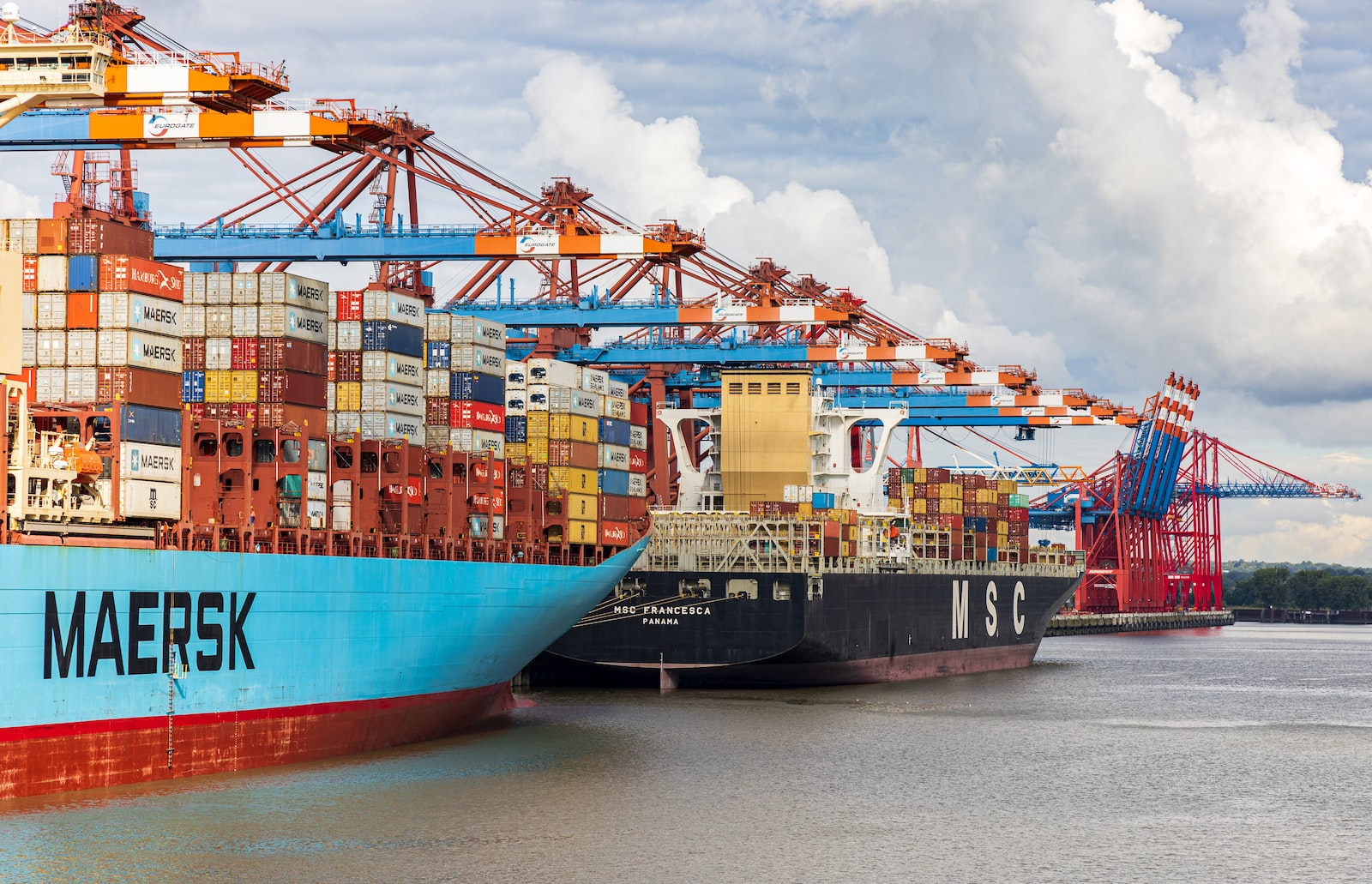2023 Economic Outlook for Nigeria

In conjunction with the IMF/World Bank annual meetings, forecasts released at the July World Economic Outlook in July 2022, projected Nigeria inflation to fall to 17% and an increase in its Gross Domestic Product GDP, to 3.4% in 2022 and 3.2% in 2023.
Reprojected in October World Economic Outlook, Nigeria’s GDP is projected to drop to 3.2% in 2023 with a difference of 0.2% in the July 2022 projection. The IMF estimates that by 2023, Nigeria’s inflation will have decreased to 17% from a projected 19%.
According to the African Development Bank Group (AFDB), Growth will slow, averaging 3.2% from 2022 to 2023 because of the continued low oil production and rising insecurity. The conflict between Russia and Ukraine, rising food, gas, and diesel costs, and continuous supply disruptions are all anticipated to play a part in keeping inflation high in 2022 at 16.9% and above pre-pandemic levels in 2023. While oil exports are anticipated to slightly increase and capital inflows to rebound, an expected positive oil price shock on exports may be substantially outweighed by a poor output effect caused by lower oil production, which is fueled by inadequate infrastructure and increased insecurity.
The anticipated 0.1% of GDP marginal current account surplus in 2022 could turn into a 0.2% deficit in 2023. With greater revenue collection, the budget deficit will typically drop to 4.5% of GDP. Furthermore, it is predicted that by 2024, the government debt is expected to reach 40% of GDP due to new borrowing.
From the IMF’s Research Department, Daniel Leigh, the Divisional Chief indicated that the recent increase in the Monetary Policy Rate (MPR) by the Central Bank of Nigeria (CBN) as well as the global fall in the price of crude oil and food are the foundations for the reduced inflation rate forecasts for Nigeria. However, the IMF’s Pierre-Olivier Gourinchas, Director of Research, provided guidance to the CBN and its international counterparts on the selection of monetary policy instruments necessary to reduce inflation.
The IMF’s lower growth rate forecast for the global economy in 2023 was consistent with predictions for Nigeria’s GDP growth. Projections on the global economic growth for 2022 was retained at 3.2% whereas projected to decrease to 2.7% in 2023. In a statement describing why it anticipates slower global growth, the International Monetary Fund (IMF) provided an explanation:
“The world economy continues to face steep challenges, shaped by the Russian invasion of Ukraine, a cost-of-living crisis caused by persistent and broadening inflation pressures, and the slowdown in China…”
Curbing Economic Crisis
According to Pierre-Olivier Gourinchas, fiscal policy should not conflict with the efforts of the monetary authorities because otherwise it will only prolong the existing inflation leading to a severe financial crisis. Fiscal policy should also focus on the most vulnerable groups and for a short-term period. In addition, fiscal policy can aid economies in adjusting to more unpredictable situations by making investments in human capital, digitalization and green energy. Although, with this in place, economies can withstand unexpected future crises, yet he expressed sadness that policies do not follow these concepts.
Emmanuel Otori has over 10 years of experience working with 100 start-ups and SMEs across Nigeria. He has worked on the Growth and Employment (GEM) Project of the World Bank, GiZ, Consulted for businesses at the Abuja Enterprise Agency, Novustack, Splitspot and NITDA. He is the Chief Executive Officer at Abuja Data School.







